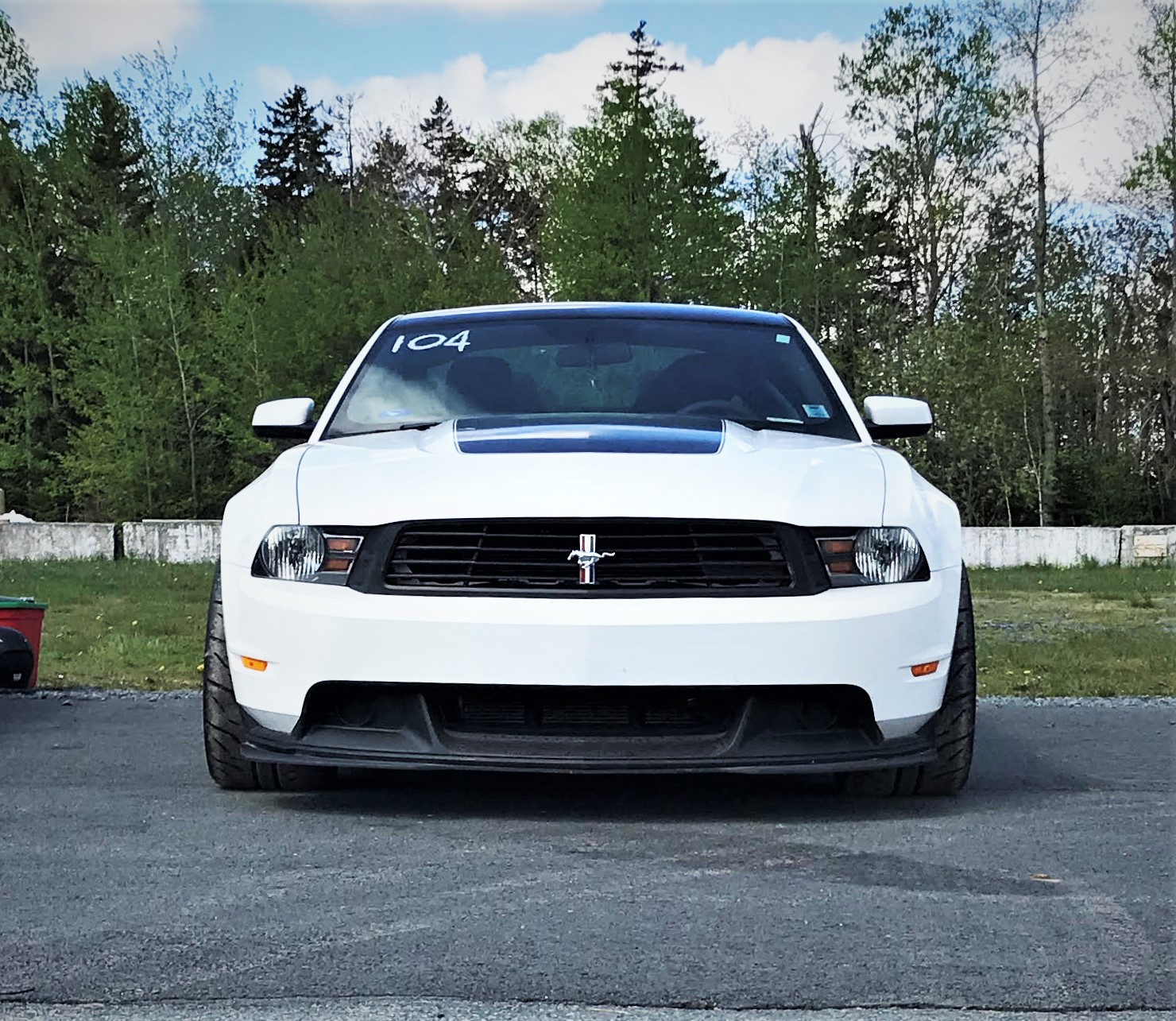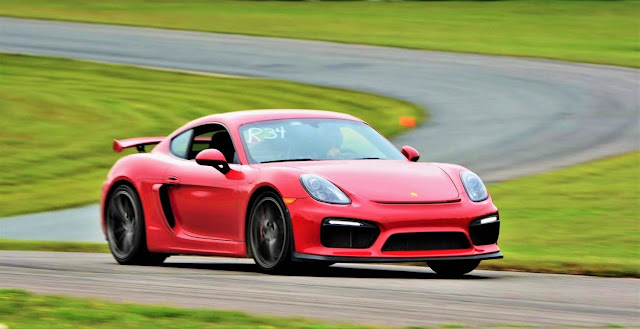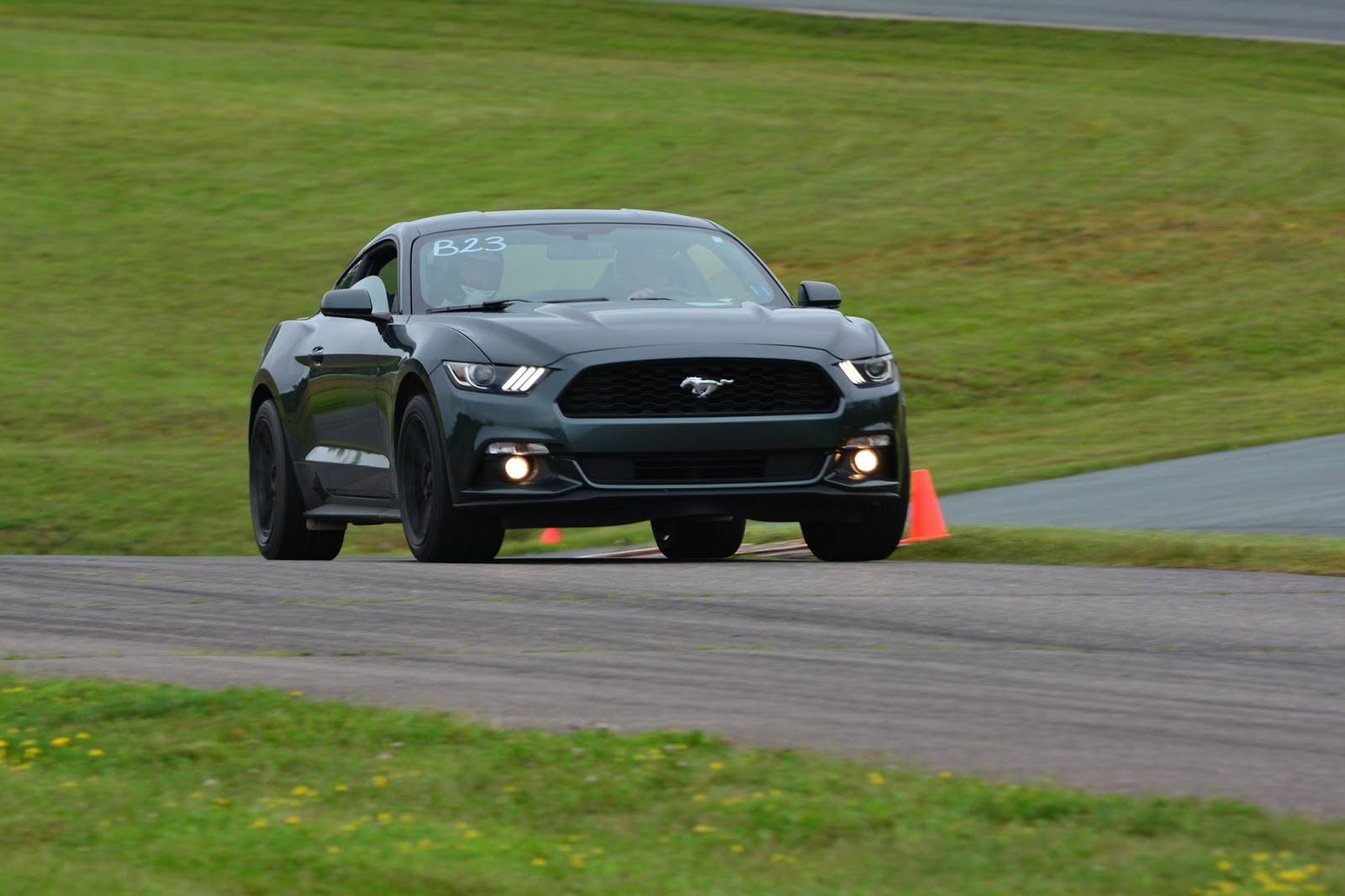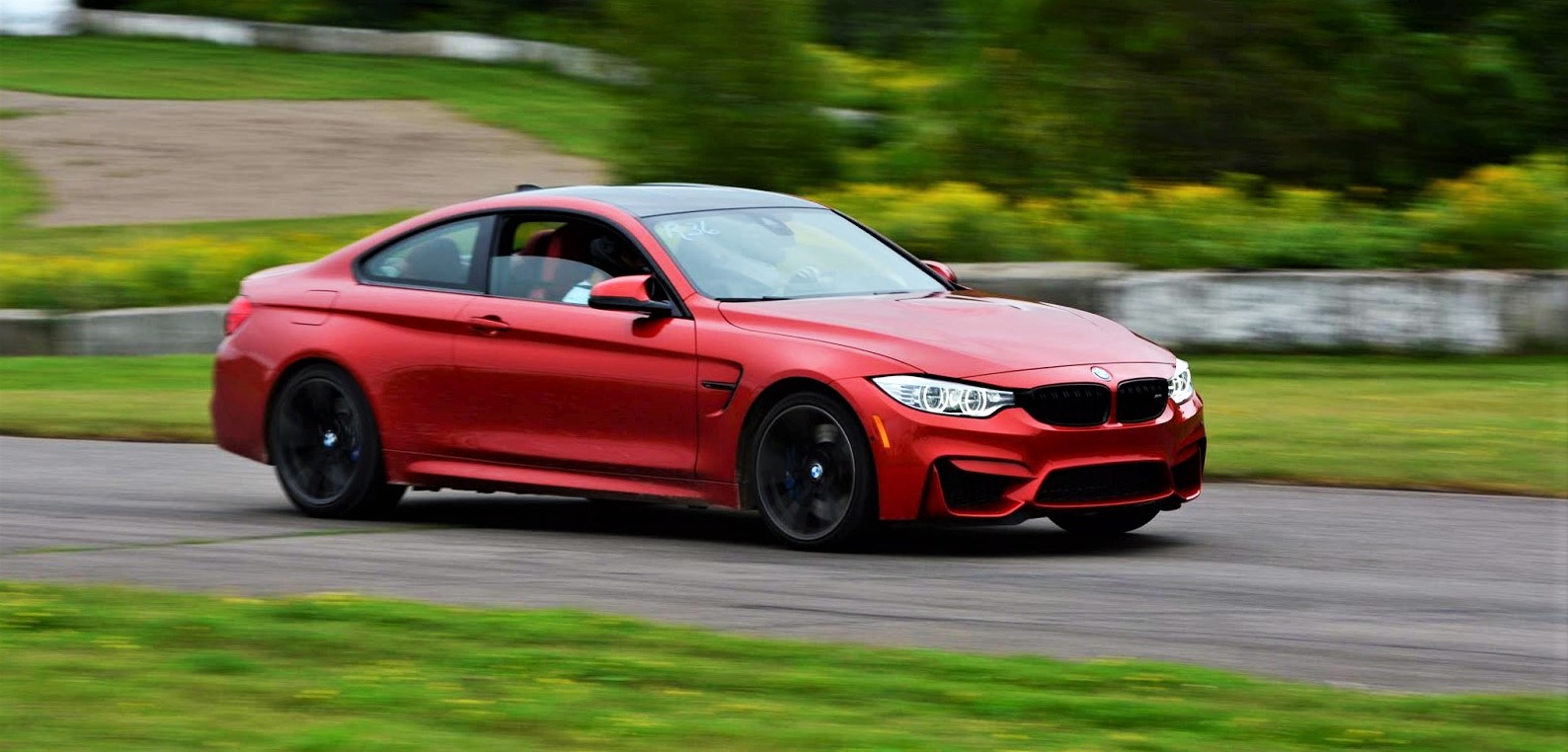With Michael Schumacher's recent fantastic news that he is no longer bedridden , I figured it would be a great opportunity to share one of my absolute favourite videos about him. I stumbled across this video last year and immediately bookmarked it. It includes bits from interviews with various F1 drivers, including Schumacher himself and team mate Johnny Herbert. But my favourite part of the video is when they compare telemetry between Schumacher and Herbert. The telemetry clearly explains where Schumacher is saving (lap) time and how exactly his talent and skills translate to better (and ultimately faster) driving. His talent is even more impressive when you consider the lack of active throttle mapping in modern F1 cars and the myriad of improvements made to driveability. Watch below to see for yourself. What I love about this video is that I found Jonathan's Palmer analysis of Schumacher's telemetry to be absolutely true when applied to my driving on track.
Last year, I picked up a 2009 Lancer Ralliart to do a long term test with it as a dual duty track/daily. One of the first things I knew I was going to do was put a decent set of tires on it. The car came without OEM wheels which was actually good because I didn't have to hesitate about getting a good set of aftermarket wheels to support going wider. Thankfully, my friends at YST Auto Halifax set me up with a great set of Superspeed RF03RR wheels. The Wheels I had never even heard of Superspeed but I trusted the good folk at YST Auto who mentioned some customer cars running on track with them. These wheels are rotary forged which is basically a prerequisite to be taken seriously in this market populated by companies like TSW and Fast Wheels. The wheels looked like a high quality, well finished wheel and each had a "QC" check sticker on. Just for appearances? Maybe, but I found no defects. The wheels seemed easy to balance (didn't need many weights) and at 18.1 lb. f










